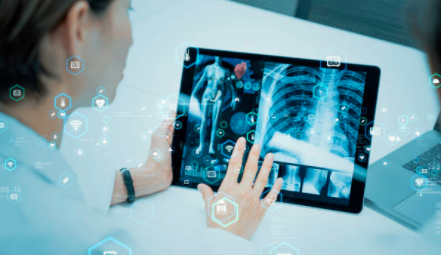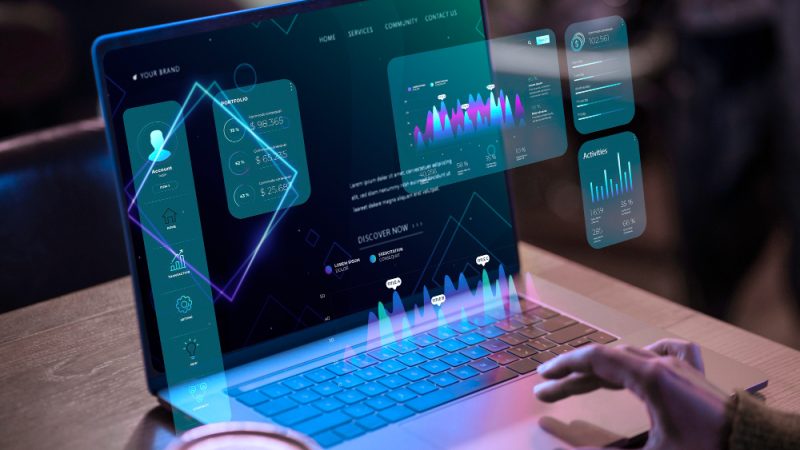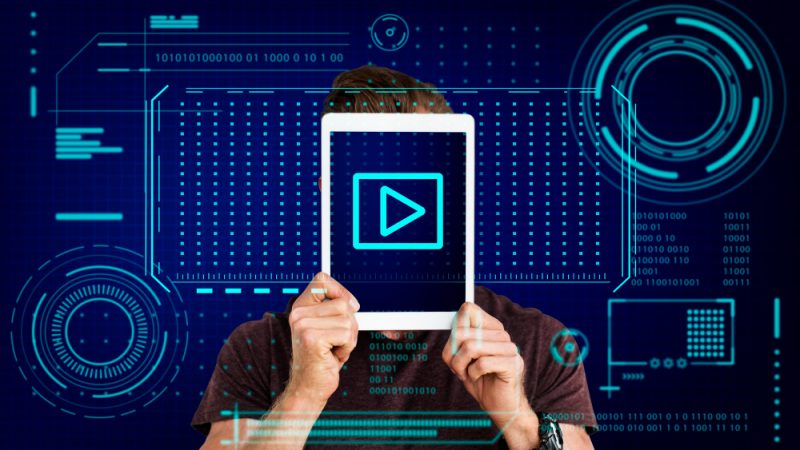Digital Transformation in healthcare in 2021: 6 key trends

In the current times, every industry needs to adapt and adjust according to the evolving demands of the consumers. Along with the evolving demands, technology is constantly advancing and organizations need to cope up with the changes in order to provide relevant solutions. The Healthcare industry is one of the most hit industries in this global pandemic, hence it constantly needs to update itself to serve its patients efficiently and effectively.
After the massive hit of COVID-19, one cannot underestimate technology and advancements’ ability to make us live our lives longer and healthier. Digital transformation is changing the healthcare industry in new and exciting ways.
Industry trends act as a guiding path for businesses, indicating where the industry is headed, similarly trends in the healthcare industry are highlighting how advancement in technology would disrupt the patient care experience. Further, these trends provide a great insight in understanding how healthcare institutions should work to capitalize on these upcoming trends.
-
Wearable & IoT Devices
Wearable devices have a significant impact on user’s health. These devices are a combination of hardware, predictive analytics and mobile applications. Wearable devices are changing the scenario of patient diagnosis and management. These wearable devices send data to an interconnected website or mobile application for better analysis of data and recommendations.
It allows the users to share their health records and vitals constantly to healthcare professionals and hence, receive real-time and much more accurate diagnosis.
-
Artificial Intelligence
AI is redefining the healthcare sector as it has the potential to accelerate multiple workflows & processes and reduce the overall costs within the industry, hence improving the quality of the patient care and their experience.
AI is used to analyze huge quantities of patient information and increase the accuracy of analysis on different pain points. With the help of AI healthcare professionals are able to make better decisions for their patients. In the near future, it has the potential to help the healthcare industry to become more accessible, effective and affordable for the consumers.
-
Telemedicine
Telemedicine was the way out for the healthcare industry when the number of patients were rapidly increasing and hospitals were physically inaccessible due to the global pandemic. It allowed the healthcare professionals to provide the best quality treatment to their patients through the internet while they were at their homes. It is benefitting people located in remote areas or with mobility issues where access to healthcare has been limited.
-
Blockchain
Blockchain is changing the dynamics of the healthcare sector by enabling the sharing of important and confidential patient data in a safe and secure manner, it creates a more transparent environment.
Blockchain results in safe and confidential exchange of information. Nature of information could vary from monetary transactions between different entities, to sharing of medical records, to patient’s prescriptions to live consultations between doctor and patient. With the adoption of blockchain, the whole process of information sharing has become easier, transparent and trustworthy for multiple stakeholders.
-
Big Data
With the introduction of big data, the scenario of analyzing large amounts of information has completely changed irrespective of the nature of the industry but when it comes to the healthcare industry, it has become even more important. With the help of big data analysis, healthcare professionals are now able to analyze a patient’s condition better hence, it has widened the scope of helping patients significantly by reducing the cost of treatment and improving the overall quality of their lives.
-
AR/VR
Virtual & augmented reality are important technology advancement which has great potential to improve the overall healthcare services.AR can assist the healthcare professional
Healthcare professionals can have real-time access to information which could help them make their diagnoses more accurate and quick.
AR & VR have various applications in the healthcare industry which are helping both patients and the medical professionals. Furthermore, these technologies are used in training and preparing the young medical professionals for the industry. AR and VR both help in producing a simulated environment and are being used to treat conditions such as chronic diseases.
As technology such as AI and VR becoming more accessible, custom healthcare software development companies in the market are trying to leverage these technologies to enhance the experience offered by healthcare.
Conclusion
In an industry like healthcare, it is important for medical institutions to be aware of such technological advancements, and further plan and effectively implement some of these technologies to further enhance the customer experience.
Technology and innovation is all set to change the way the healthcare industry traditionally operated. The advanced solutions will focus on reducing the costs associated with medical treatments to changing the way patients access and interact with healthcare institutions beginning from scheduling an appointment, to communicating with the doctor to remote consultations.
Tech solutions are facilitating people’s access to healthcare services like never before and digital transformations like these are contributing to patient empowerment and better service in the healthcare industry.
Authors Bio– Nora is a copywriter and content writer for Daffodil Software. She specializes in ghost blogging, email marketing campaigns and content for sales pages. She works closely with B2C and B2B businesses providing digital marketing content that gains social media attention and increases your search engine visibility.






